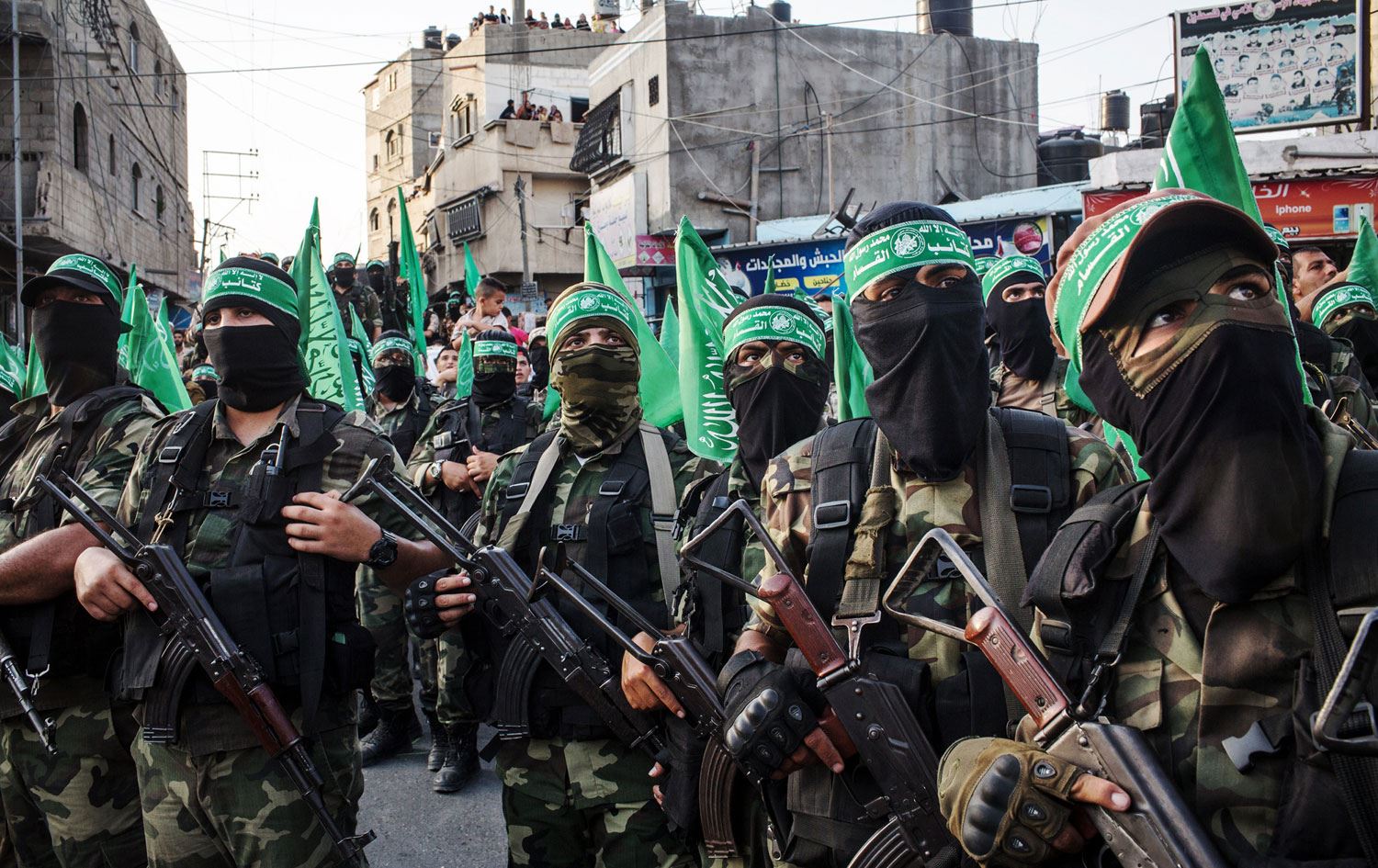In Moscow, the capital and one of the most populous cities of the Russian Federation, more than 130 people lost their lives in an attack on an entertainment center, with over 140 others injured. The death toll continues to rise with each passing day.
This horrifying incident in Moscow went down in history as a terrorist attack that occurred in the Russian capital, resulting in a national tragedy. The attack was claimed by the Horasan branch of ISIS. U.S. officials, in their statement regarding the matter, indicated that the group responsible for the terrorist act was ISIS-K, which operates in Iran and Afghanistan, based on intelligence sources.
The perpetrators of this dreadful incident chose the day of a concert by a highly popular rock band in the country, held at an entertainment complex, Crocus City Hall, one of Moscow’s largest entertainment venues, for their attack. Just minutes before the concert began, the assailants entered the entertainment venue and started attacking people with automatic weapons. A state of panic and terror engulfed the entertainment venue, where the attackers also used explosives and incendiary devices, turning the complex into a scene of chaos. Accompanying the sounds of gunfire, a fire rapidly engulfed the venue, causing the roof of the building to collapse. Indeed, rescue teams entering the building were met with charred seats and a large debris field. While a significant number of casualties resulted from the armed assault, some civilians also lost their lives due to the fire. According to statements made by Emergency Response Units the next day, a significant portion of the injured were battling burns.
The perpetrators of the terrorist attack managed to escape the scene. However, Russian authorities swiftly intervened and detained 11 individuals suspected of involvement in the attack. The captured assailants were apprehended along with their getaway car after a brief skirmish in a wooded area. Four of the assailants confessed to directly participating in the terrorist attack. Nevertheless, the identities of the attackers and how they received their orders have yet to be determined.
Following the incident, the prolonged silence of Russian President Putin drew attention from both Russian and global public opinion. Putin’s address to the nation, delivered a day after the tragic event, used accusatory language targeting Ukraine, the country Russia is at war with, despite the lack of any evidence linking Ukraine to the terrorist attack. Putin’s rhetoric was perceived as odd given the absence of evidence implicating Ukraine. In his speech, Putin emphasized that those responsible would be punished.
Such terrorist attacks were not unfamiliar to the Russian state and its people, being events they had experienced and become accustomed to. Especially during the 1990s and the subsequent 2000s, numerous attacks targeted Russian cities, primarily by Chechen militants. However, for a considerable period, the Russian populace and cities had not harbored any security concerns. In fact, despite the ongoing war in Ukraine for over two years, Russian cities continued their daily lives far from the atmosphere of war and terror. Nevertheless, this attack brought back tragic and traumatic memories and fears for the Russian people. The attack shook the sense of security among Muscovites, reminding them of similar past events and leading to somber commemorative ceremonies across the city.
Reactions to the terrorist attack from around the world were swift. Countries and their leaders expressing solidarity with the Russian State and people released condolence messages. The intelligence warning issued by the United States and the United Kingdom earlier this month about a potential terrorist attack in Russia resurfaced. Officials, in their statements, mentioned that their warnings were not taken seriously by the Kremlin and Russian security forces.
On social media, numerous commemorative messages were shared for the victims of the attack. The Russian people showed intense interest in donating blood to hospitals in Russian cities, especially the capital, Moscow.
The horrific terrorist attack left deep implications for Moscow’s security, internal stability, and international relations, raising numerous questions.
This article was written by Umut Guner.



